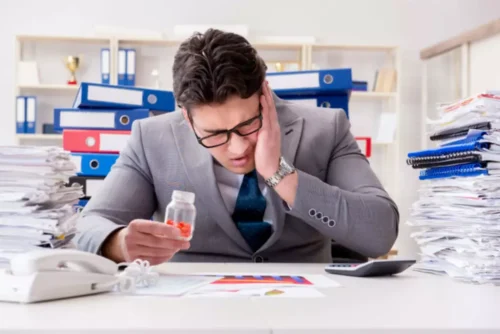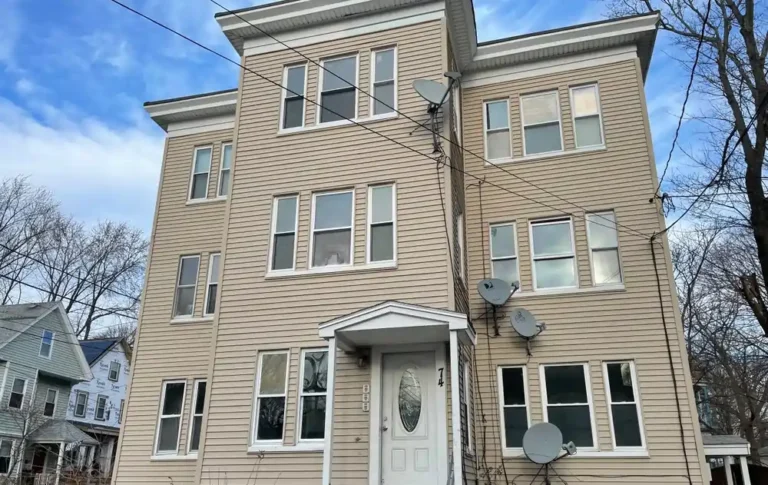Alcohol Dependence and its Relationship with Insomnia and Other Sleep Disorders PMC

People with insomnia report a lower quality of life compared with people who sleep well. Withdrawal symptoms are a whole different world than alcohol-induced sleep problems. Because on top of sleep disturbances, you can also experience anxiety, shakiness, headaches, brain fog, and a range of other detox symptoms. It’s characterized by difficulty falling asleep, staying asleep, or both.
Sleep better. Sell more.
There are few other longitudinal population based studies with which to compare our findings. Among 1,920 community dwelling men and women, those with persistent alcohol dependence had higher odds of insomnia that those without alcohol dependence over a fifteen year follow-up20. Whilst we did not measure alcohol dependence, we did find such an association between hazardous drinking and disturbed sleep in our data. In terms of sleep problems, men were more likely to report sleeping less than 7 hours per night than women (63.7% men compared to 54.4% women). However, women were more likely to report trouble falling asleep (69.6% compared to 49.5% men) (Table 1). Over the thirty years follow up, women generally reported more chronic sleep problems than men (Table 2).

Side Effects of Insomnia
Sure, that nightcap, last glass of wine or beer before bed may help you feel sleepy. But it can actually end up robbing you of a good night’s rest — or worse, could cause some challenging sleep problems. However, there are many coping skills a person can practice to improve their sleep. This blog covers the connection between alcohol consumption and insomnia and how you can get help to treat both conditions. Chronic sleep problems were defined as those when participants who reported a sleep problem (based on the above dichotomy) at three or more data collection phases over the follow-up period. It can have a relaxing effect, but research shows that too much alcohol can lead to a lack of sleep or insomnia.

2. Alcohol’s association with sleep disorders
Those with a substance abuse problem should seek medical advice on how best to quit alcohol and treat their insomnia. When we looked at the sleep needs of 1.95 million RISE users aged 24 and up, we found it ranged from five hours to 11 hours 30 minutes, but 48% needed eight hours or more sleep a night. This one sounds obvious, but it’s easy for sleep disruptions to stack up when you’ve had a drink.
The association between alcohol consumption and sleep disorders among older people in the general population
The evidence to date suggests that subjective and objective sleep continuity variables (insomnia) are robust predictors of relapse during recovery from alcohol dependence. On the other hand, the relationship between relapse and sleep architecture variables remains to be fully elucidated. Targeting insomnia during recovery from alcohol dependence may thus improve treatment outcome for the alcoholic patient. The sleep EEG effects in those with long-term alcohol dependence are theopposite to those following acute alcohol administration. One possible mechanism islong-term alteration in responsiveness of GABA mechanisms.
If you’re turning to alcohol to help you sleep, you may be making the quality of your sleep worse. Many of us find ourselves tossing and turning at night, trying to get that elusive 7 alcohol insomnia to 8 hours of sleep experts say we need but never finding it. Alcohol use can impact the quality of your sleep, and research confirms there’s a link between alcohol use and insomnia.

How does alcohol withdrawal affect insomnia?

Some people may resort to drinking alcohol as a sleep aid or agent that initiates sleep. Consuming two servings of alcohol per day for men and one serving for women can reduce sleep quality by 9.3%. During the final hours of sleep when alcohol is metabolized by the body, it can have a disruptive effect on sleep, causing frequent waking and fragmented sleep.
Alcohol and Sleep
But they may not be prescribed beyond this as there’s a risk of side effects like withdrawal, rebound insomnia, addiction, and overdose when mixed with alcohol. Sleep apnea is a common disorder that causes breathing to repeatedly stop and restart during sleep, affecting the amount of oxygen your body gets. Individuals with sleep apnea often snore, gasp for air while asleep and wake frequently throughout the night. You may wake feeling tired, groggy and not well rested—even if you seemingly slept the entire night. In the first half of the night, when the body is metabolizing alcohol, studies show people spend more time in deep, slow-wave sleep and less time in REM sleep. Sleep architecture is biologically driven and finely calibrated to meet the body’s needs during nightly rest—changes to the natural, typical structure of sleep aren’t generally good for health or well being.
- People with co-occurring medical conditions have an even higher risk of developing insomnia and/or substance use disorder.
- Alcohol wasconsumed before bed to obtain BAC of 0.03 or 1.0% in two different conditions.Data are presented from a baseline night, three drinking nights and two recovery nights.The results for the first half of the night from these studies are summarized in Figure 1.
- Long-term insomnia is usually due to stress, life events or habits that disrupt sleep.
REM sleep findings have been inconsistent during this phase with some studies reporting a decreased REM sleep latency and increased REM % (Gillin et al., 1990a, Williams and Rundell, 1981) whereas other studies did not (Gillin et al., 1990b, Le Bon et al., 1997). It is to be noted that individuals in early recovery may overestimate their subjective SOL but underestimate their WASO, as compared to their PSG estimated indices https://ecosoberhouse.com/ (Conroy et al., 2006b). In fact, between 35% and 70% of individuals who use alcohol have insomnia.3 It may seem surprising, considering that alcohol is a depressant, yet alcohol is known to interfere with fundamental aspects of sleep quality. Breathing problems — Since alcohol’s sedative effect extends to your entire body, including your muscles, it may allow your airway to close more easily while you’re asleep.
- In the absence of continued dosing, alcohol consumed prior to the onset of sleep,therefore, will not be at a constant level throughout the sleep period.
- Both pharmacological and nonpharmacological treatments are available, but many are either inappropriate or have not been adequately tested in patients with a history of abuse.
- If they aren’t forthcoming about their dependency or possible addiction, then a doctor can’t prescribe proper treatment.
- Retrospectively, subjects with AD reported the presence of insomnia prior to the onset of AD (Currie et al., 2003a).
For example, administration of the tumor necrosis factor α(TNF-α) antagonist etanercept led to normalization of REM sleep in 18 abstinentalcoholics (Irwin et al. 2009). The percentage of REM sleep in the first half of the night was not decreased onthe first drinking night at either the 0.03 or 0.10% BAC doses in the Feige et al. (2006) study. (1980) reported that REM sleep in the first half of the first drinking night(7.0 ± 3.1%) and of the ninth drinking night (9.5± 3.18%)was lower than baseline (17.26 ± 2.20%), although the difference was notstatistically reliable in this small sample. To minimize the risk of insomnia and sleep disruptions from alcohol, aim to finish your last alcoholic beverage at least three to four hours before you plan to go to bed.

Comments are closed.